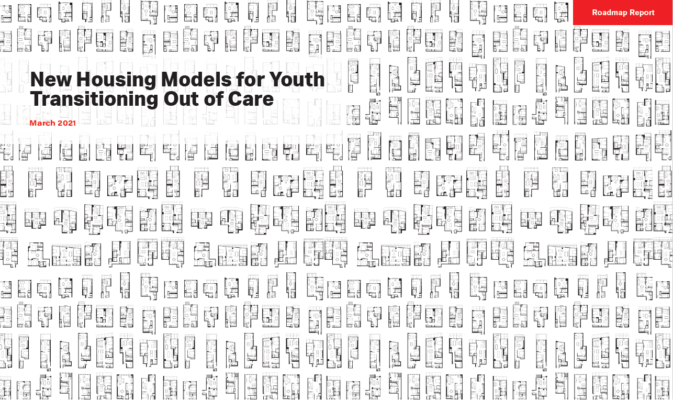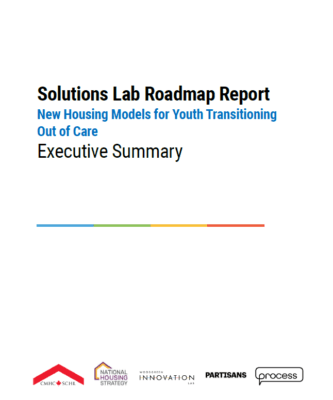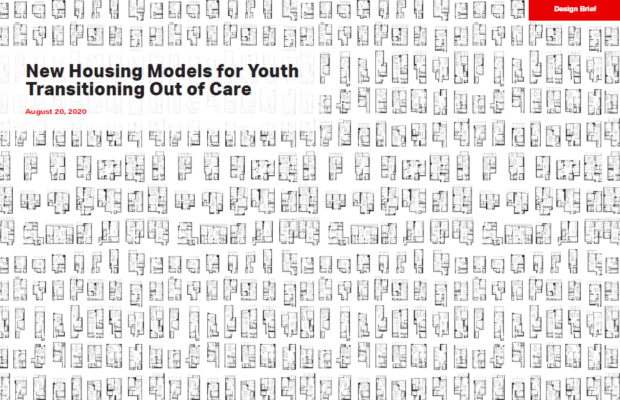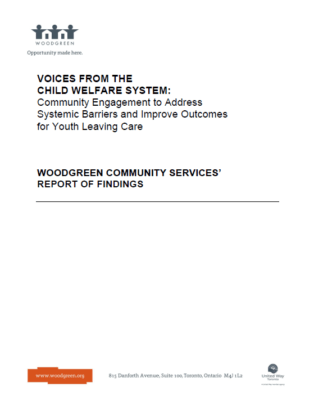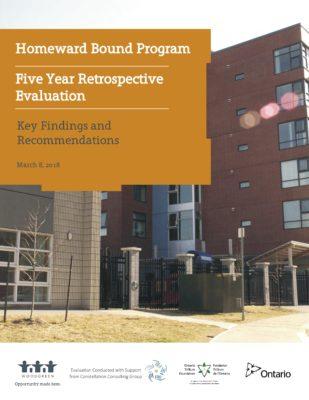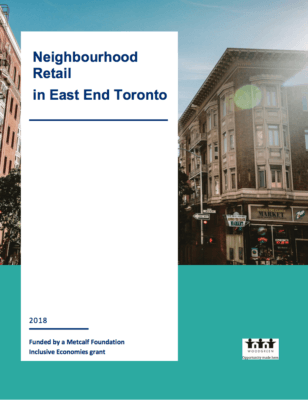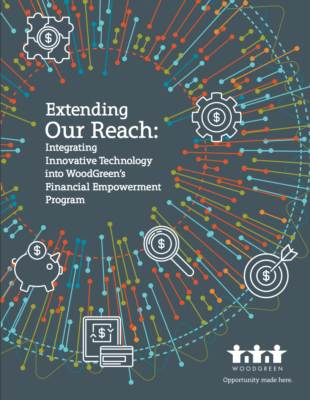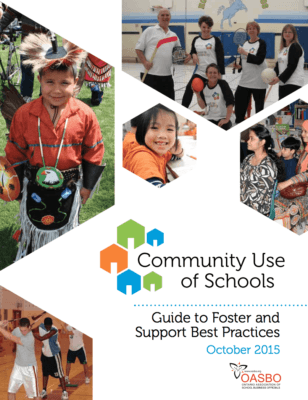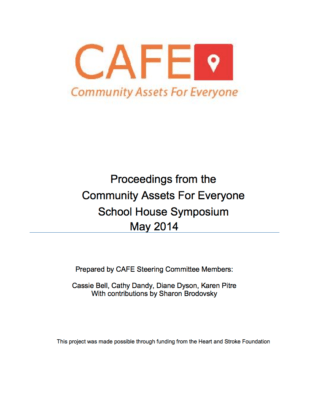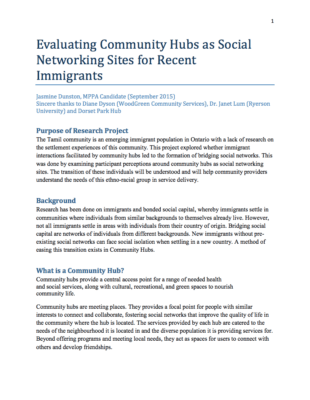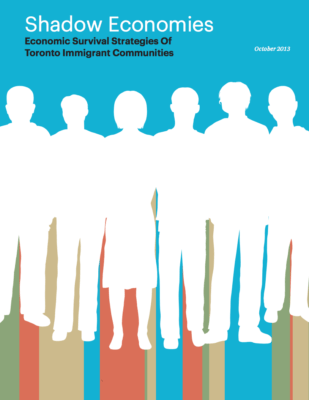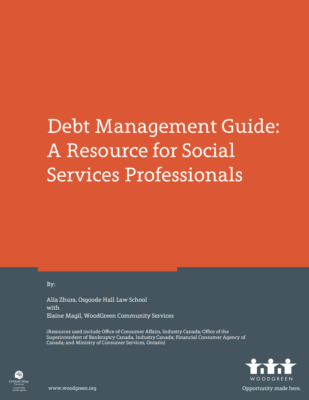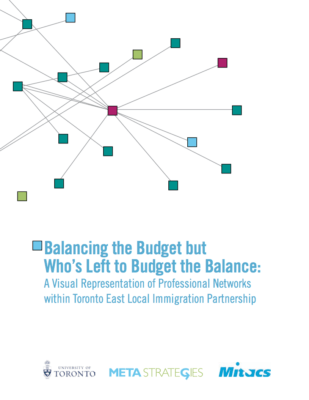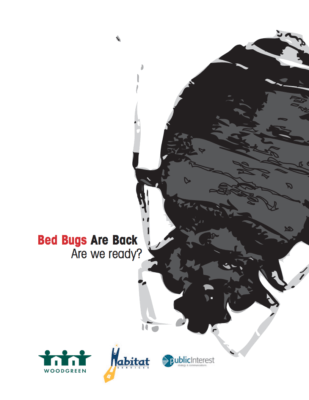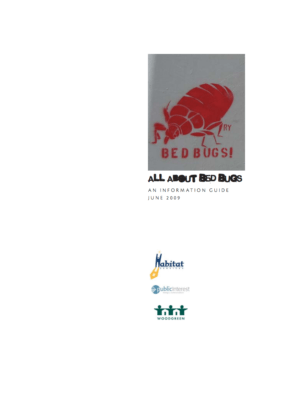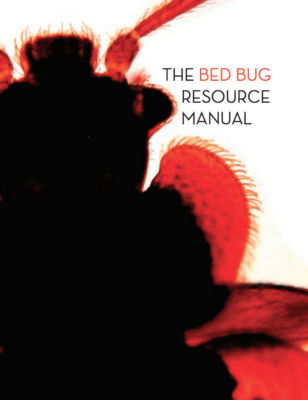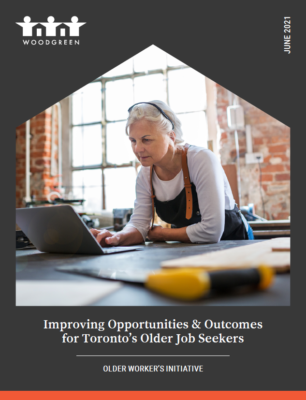
WoodGreen Community Services is excited to announce the release of our new report, Improving Opportunities & Outcomes for Toronto’s Older Job Seekers, which details the success and outcomes of our new program, the Ontario Worker’s Initiative (OWI). Sponsored by the Toronto Employment & Social Services (TESS), and informed by research funded through the Ontario Human Capital and Innovation Fund (OHCRIF), the OWI tested the impacts of customized training and employer support on the labour market outcomes of older jobseekers. This report aims to illustrate the urgent response required to address the growing gap that exists in the labour market for older workers.

